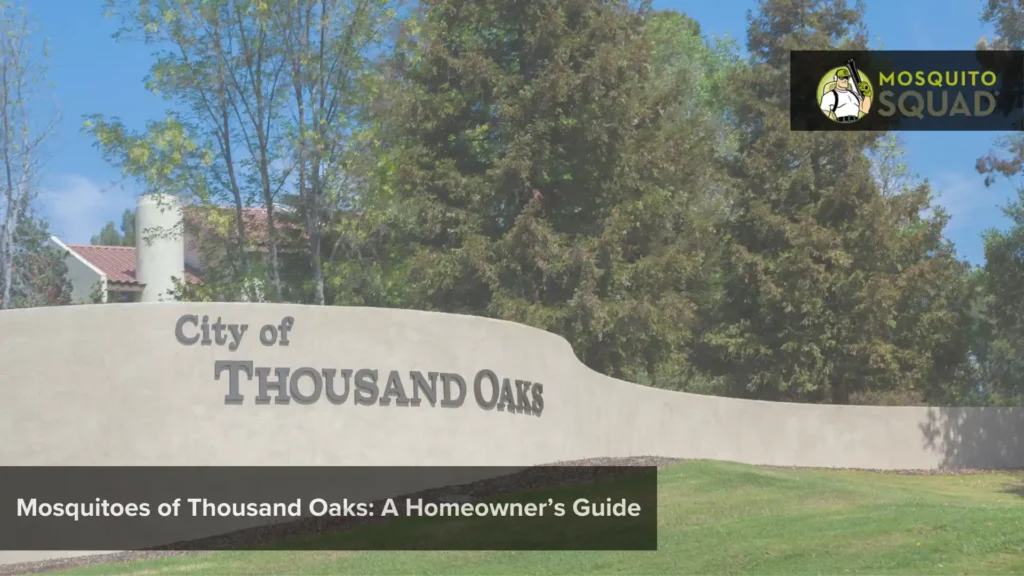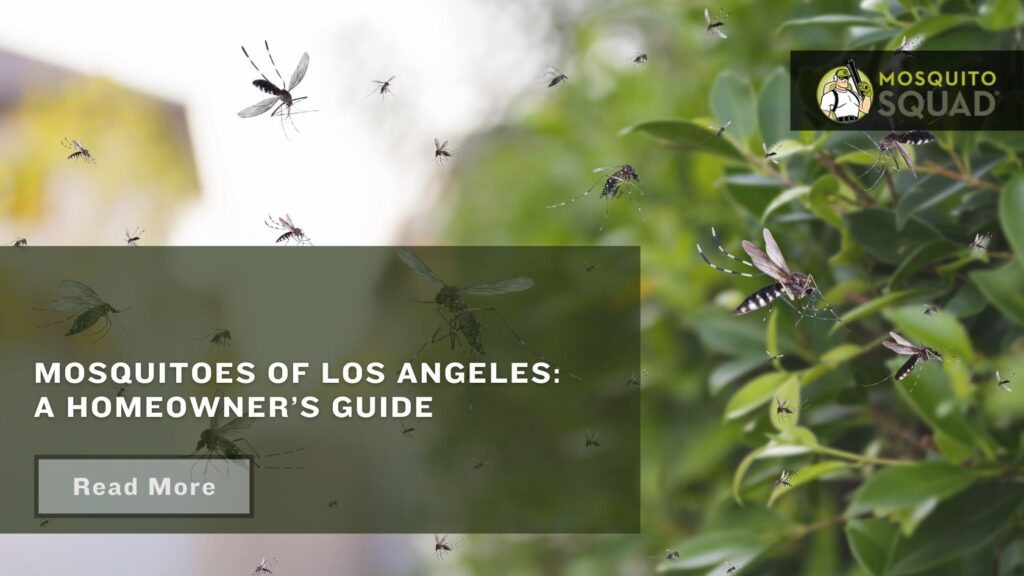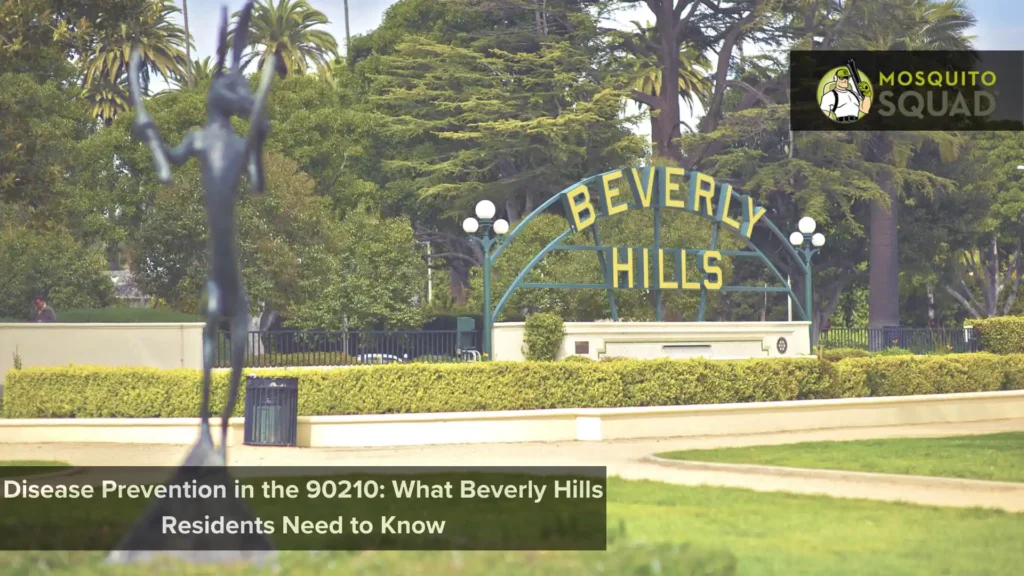Mosquitoes of Los Angeles: A Homeowner’s Guide
Los Angeles’s warm climate offers the perfect breeding ground for several types of mosquitoes. While these pests can be annoying, they can also transmit dangerous diseases. As a homeowner in the LA region, knowing about the mosquitoes lurking around is crucial so you can take the right precautions.
Common Culprits
Here’s a breakdown of some of the most common mosquitoes you’ll find buzzing around Los Angeles:
- Culex Mosquitoes: This group includes the Southern House Mosquito (Culex quinquefasciatus) and the Western Encephalitis Mosquito (Culex tarsalis). They are major transmitters of West Nile Virus (WNV), St. Louis Encephalitis (SLE), and Western Equine Encephalitis (WEE). Culex mosquitoes prefer to breed in stagnant, polluted water sources.
- Aedes Mosquitoes: Prominent members include the Asian Tiger Mosquito (Aedes albopictus) and the Yellow Fever Mosquito (Aedes aegypti), potential carriers of diseases like Zika, dengue, and chikungunya. Aedes mosquitoes favor small artificial water containers, like flower pots, buckets, and unused tires.
- Other Species: Los Angeles is also home to the Tule Mosquito (Culex erythrothorax), Australian Backyard Mosquito (Aedes notoscriptus), and various Culiseta mosquitoes, some of which can transmit West Nile Virus.
Disease Transmission
Mosquitoes transmit diseases when they bite an infected animal (often a bird) and then a human. West Nile Virus is the most common mosquito-borne disease in Los Angeles, but diseases like Zika and dengue are also threats, particularly with invasive Aedes species.
What Homeowners Can Do
Protecting yourself and your family from mosquitoes is essential. Here are some key tips:
- Eliminate Breeding Sites: Mosquitoes need water to breed. Get rid of any standing water around your property:
- Empty and change birdbaths, pet water dishes, and plant pots regularly.
- Clean gutters and drains to prevent blockages.
- Dispose of old tires and containers that collect water.
- Maintain swimming pools properly.
- Personal Protection:
- Wear long pants and long-sleeved shirts, especially at dawn and dusk.
- Use EPA-approved mosquito repellents containing DEET, picaridin, or oil of lemon eucalyptus.
- Secure Your Home:
- Install screens on doors and windows.
- Repair any holes or tears in screens to prevent entry.
- Support Mosquito Control: Contact your local vector control district (Greater Los Angeles County Vector Control District: https://www.glamosquito.org/ or LA West Vector: https://www.lawestvector.org/) to report mosquito activity or request assistance.
Stay Informed, Stay Protected
Knowledge is power. By learning about the types of mosquitoes in Los Angeles, the diseases they carry, and preventative steps to take, you can minimize your family’s risk of mosquito-borne illnesses.
Important Note: If you experience symptoms like fever, headache, body aches, or rash after a mosquito bite, consult your doctor immediately.
protecting the residential homeowners from mosquitoes from Valley Village, Agoura Hills, Brandeis, Oak Park, Simi Valley, and Thousand Oaks.



